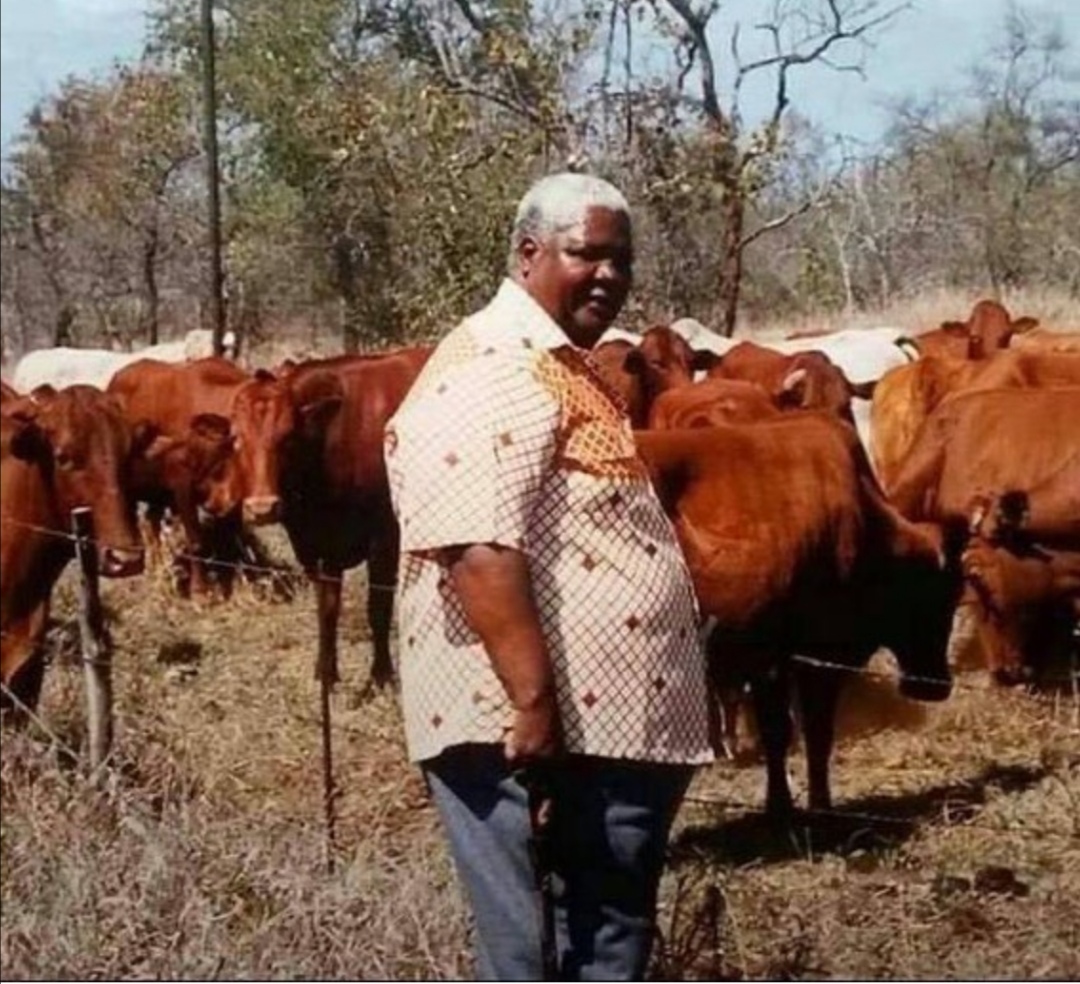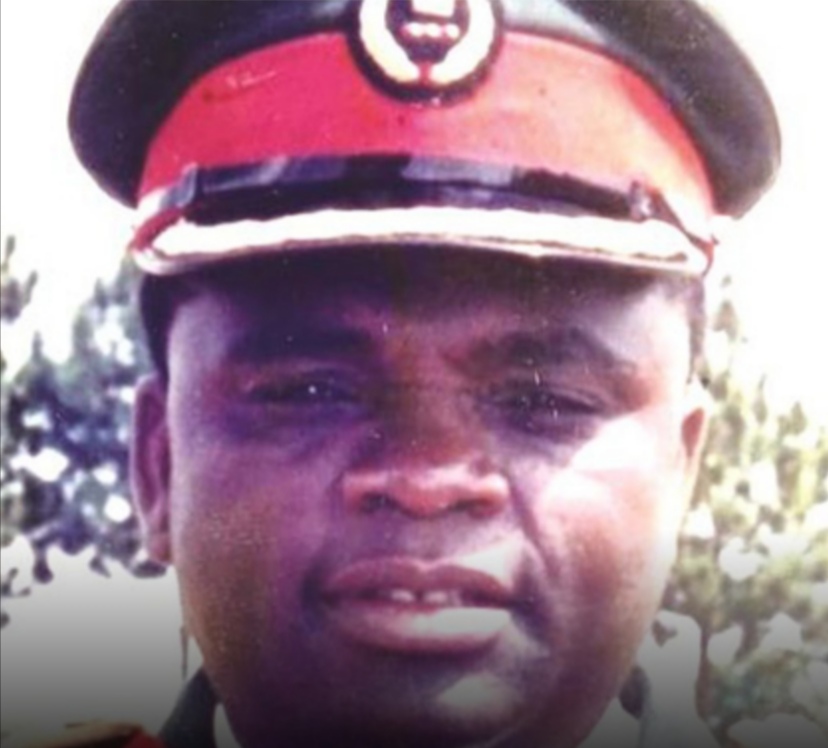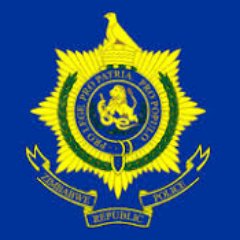President Mnangagwa remembers Nkomo
Share

Harare (New Ziana) – President Emerson Mnangagwa on Thursday praised the late former Vice President Dr Joshua Nkomo for his vision and instrumental role in building a peaceful and unified Zimbabwe.
Nkomo died in Harare on July 1, 1999 after a long battle with prostate cancer, aged 82.
The late former VP, who was affectionately known by various monikers including Umdala Wethu, Chibwechitedza or Father Zimbabwe, was buried at the National Heroes Acre on July 5, 1999.
And in remembrance of his passing, President Mnangagwa took to social media and praised one of Zimbabwe’s iconic political figures.
“Twenty two years ago today, Zimbabwe lost a great man. Dr Joshua Mqabuko Nkomo is a hero of the liberation struggle, a man of the people and a visionary who built a better Zimbabwe,” he said.
“Every day we strive to continue your legacy of unity, love and peace.”
Dr Nkomo was born on June 7, 1917, in Kezi District of Matabeleland South Province.
After Standard Six, Dr Nkomo obtained a carpentry certificate and taught carpentry at Manyame School in Kezi that was run by the London Missionary Society and later went on to teach the same subject at Makupa and Izimnyama Schools near Plumtree.
In 1942, Dr Nkomo decided to join Adam’s College in Natal, South Africa to further his studies and rode on the same train with the late Chief Justice Enoch Dumbutshena, who later influenced him to join politics, and Herbert Chitepo.
After his arrival in South Africa, he opted to study for a University Junior Certificate and proceeded to Hofmeyr School of Social Science in Johannesburg where he graduated with a Bachelor of Arts degree in Economics and Social Science in
1949.
It was during this period that he became friends with the late presidents of South Africa and Botswana, Nelson Mandela and Sir Seretse Khama, respectively.
After returning home, he came face-to-face with the great injustices that were being perpetrated on blacks after witnessing the great differences between salaries that were being paid to blacks and whites doing the same job when he joined the Rhodesia Railways as a welfare officer.
Spurred by the quest to eradicate such injustice and generally poor social conditions that blacks were being submitted to, Dr Nkomo joined the trade union movement and was appointed secretary of the Railway Workers Union in 1951.
A year later, he was elected president of the African National Congress of Southern Rhodesia.
A subsequent ban of the ANC and creation of successor political movements such as the National Democratic Party and ZAPU, in which Nkomo was actively involved in led to his arrest in 1964 only to be released 10 years later.
After his release, he, along with other nationalists such as the late President Robert Mugabe, continued to lead the struggle for independence which was finally attained in 1980.
In 1987, ZANU (PF) and PF-ZAPU, signed the historic Unity Accord and Dr Nkomo briefly held the post of Senior Minister in the unity government before being elevated to Vice President, a post he held until his death.
New Ziana







